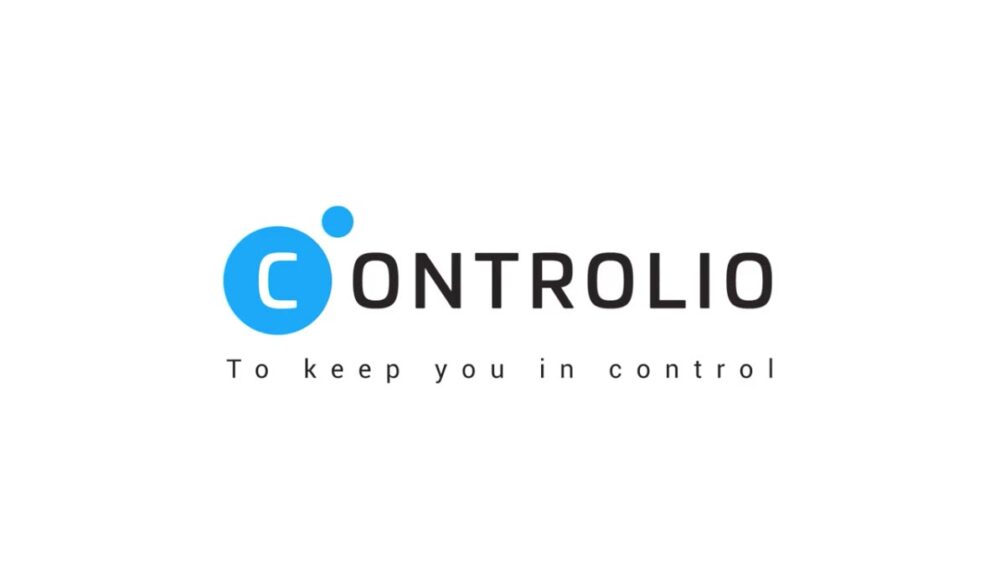In the world of remote work, companies are navigating uncharted waters to ensure their teams thrive outside the traditional office setting. Enter the performance management system, a strategic tool that has become indispensable for organizations aiming to set and achieve goals for their remote workforce. As we get into the nuances of remote performance management, let’s explore the significance of employee performance metrics and the crucial considerations of employee monitoring under GDPR compliance.
Setting Goals for Your Remote Workforce
Setting clear goals is the compass that guides a remote team toward success. Companies that establish well-defined objectives for their remote workforce are 42% more likely to achieve high profitability. Whether it’s project milestones, sales targets, or individual KPIs, articulating and tracking these goals is essential for sustained remote productivity.
Employee performance metrics play a pivotal role in this journey. By employing relevant metrics, organizations gain insights into individual and collective achievements, fostering a culture of accountability and continuous improvement. Metrics such as project completion rates, client satisfaction scores, and task turnaround times provide a holistic view of employee performance in a remote setting.
Unlocking Performance with Controlio Software
For the purpose of employee monitoring, Controlio software emerges as a beacon of efficiency. This robust tool not only aligns with GDPR regulations but also empowers companies to monitor employee activities without compromising privacy. With Controlio, organizations can track time spent on tasks, monitor app and website usage, and ensure that remote teams are operating at their full potential.
Employee monitoring GDPR is not just a buzzword, it’s a crucial aspect of remote performance management. GDPR compliance is not negotiable, especially in a world where data privacy is paramount. Controlio’s adherence to GDPR regulations ensures that companies can monitor performance without infringing on employee privacy rights, striking the delicate balance between oversight and respect for personal space.
Employee Performance Metrics
According to a recent survey by Deloitte, companies leveraging comprehensive employee performance metrics are 36% more likely to experience high employee satisfaction rates. These metrics act as a roadmap, guiding organizations toward a deeper understanding of their remote workforce’s strengths and areas for improvement. For instance, tracking key performance indicators (KPIs) can illuminate the impact of remote work on productivity. If there’s a decline in certain KPIs, it may indicate that additional support or adjustments to remote workflows are needed.
Balancing Productivity and Well-being
Remote work can blur the boundaries between professional and personal lives, potentially impacting employee well-being. Striking the delicate balance between productivity and well-being is essential for the long-term success of remote teams. According to a study by Stanford University, remote workers experience a 13% performance increase when working from home but also report higher levels of stress.
Performance management systems need to incorporate well-being metrics alongside traditional productivity indicators. Employee engagement surveys, mental health check-ins, and feedback mechanisms become integral components of understanding and enhancing the holistic performance of remote teams.
Conclusion
In remote work dominance, implementing a performance management system is not a luxury but a necessity. As companies strive to set and achieve goals for their remote workforce, the careful deployment of employee performance metrics and compliance with GDPR regulations become paramount. Controlio stands out as a solution that seamlessly integrates into this landscape. It offers a comprehensive suite of tools for effective performance management. As we move forward, the synergy between clear goals, employee performance metrics, and the ethical use of employee monitoring will define the success of remote teams in the years to come.
Source: Read Full Article



